Home>diy>Building & Construction>How Does Buying New Construction Work
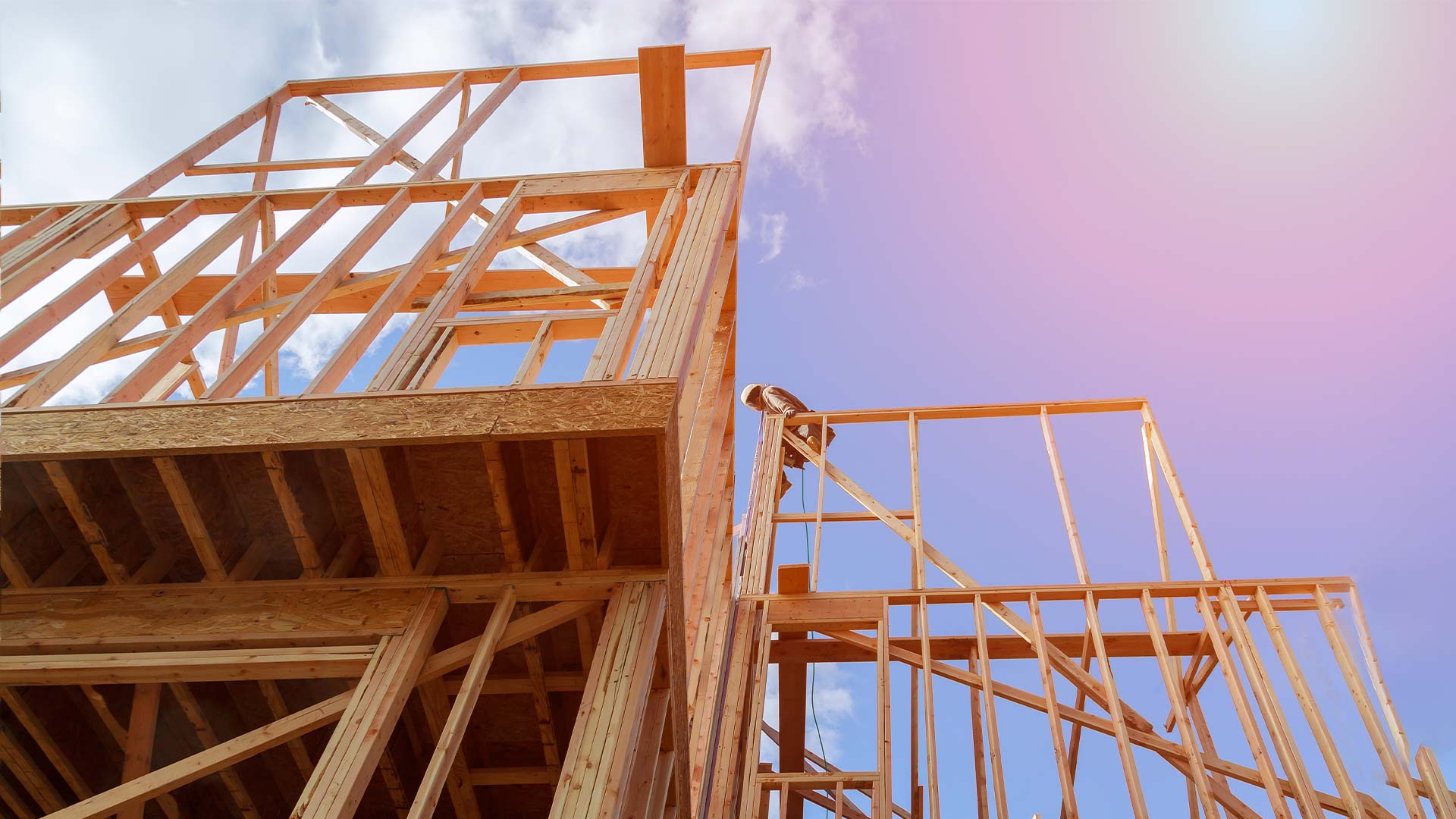

Building & Construction
How Does Buying New Construction Work
Modified: January 9, 2024
Learn how the process of buying new construction works and discover the ins and outs of the building-construction industry in this comprehensive guide.
(Many of the links in this article redirect to a specific reviewed product. Your purchase of these products through affiliate links helps to generate commission for Storables.com, at no extra cost. Learn more)
Introduction
Buying a new construction home can be an exciting and rewarding experience. Whether you’re a first-time homebuyer or looking to upgrade to a larger space, new construction offers a range of advantages. From having the opportunity to customize your living space to enjoying modern amenities and energy-efficient features, there are plenty of reasons to consider buying a newly built home.
However, before diving into the world of new construction, it’s important to understand the basics, research your options, and navigate the buying process. In this article, we’ll explore the ins and outs of buying new construction, from choosing the right property to negotiating the purchase agreement and closing the deal.
So, let’s get started by taking a closer look at the advantages and potential drawbacks of buying new construction homes.
Key Takeaways:
- Buying a new construction home offers the opportunity to customize, enjoy modern amenities, and benefit from builder warranties. However, patience during the construction process and limited availability in certain areas are important considerations.
- Thorough research, careful selection, and understanding financing options are crucial when buying new construction. Negotiating the purchase agreement, monitoring the construction progress, and addressing post-construction issues are key steps for a successful homebuying experience.
Understanding the Basics of Buying New Construction
When it comes to buying a new construction home, there are several advantages that can make it an attractive option for homebuyers. One of the primary benefits is the ability to customize the home according to your preferences. From selecting the floor plan and finishes to choosing the color scheme and appliances, new construction offers a level of personalization that older homes often lack.
Additionally, new construction homes are typically built with modern amenities and features, such as open-concept layouts, energy-efficient appliances, and smart home technology. These features not only enhance your daily living experience but also contribute to long-term cost savings on utilities.
Another advantage of buying new construction is that everything is brand new. This means you won’t have to worry about immediate repairs or renovations, as the home should be in pristine condition. Additionally, new construction homes often come with builder warranties, providing you with peace of mind and protection against potential construction defects.
While there are many advantages to buying new construction, it’s important to also consider potential drawbacks. One drawback is the time it takes for the home to be built. Unlike purchasing an existing home, where you can move in relatively quickly, buying new construction requires patience. The construction process can take months or even years, depending on the complexity of the project.
Another consideration is the limited availability of new construction homes in certain locations. Depending on the area, the number of new construction properties may be limited, making it more challenging to find the perfect home in your desired neighborhood.
Now that we’ve explored the advantages and potential drawbacks, let’s dive into the process of buying new construction. The first step is to research and select a new construction property that meets your needs and preferences.
Researching and Selecting a New Construction Property
When it comes to buying a new construction home, thorough research and careful selection are essential. Here are some steps to consider:
Determining your needs and preferences
Start by identifying your must-haves, such as the desired location, number of bedrooms and bathrooms, and any specific features or amenities. Consider your lifestyle and future plans to ensure that the property aligns with your long-term goals.
Utilizing real estate agents and online platforms
A qualified real estate agent can guide you through the process of buying new construction. They have access to listings, market knowledge, and can advocate on your behalf during negotiations. Additionally, online platforms and websites dedicated to new construction homes can provide valuable insights and resources.
Read more: How Do Appraisals Work For New Construction
Visiting model homes and showrooms
Take the time to visit model homes and showrooms to get a feel for the builder’s style and the layout options available. This will give you a better understanding of how the finished product will look and help you decide if it meets your expectations.
Evaluating builder reputation and credentials
Research the reputation and credentials of the builders you are considering. Look for their track record of completing projects on time and within budget. Check if they are registered with local home builder associations or have received any awards or certifications for quality construction.
By carefully researching and selecting a new construction property, you increase your chances of finding a home that meets your needs and aligns with your preferences. The next step is to explore financing options for your new construction home.
Financing Options for New Construction Homes
When it comes to financing a new construction home, there are several options available to consider. Here are three common financing options:
Traditional mortgage loans
A traditional mortgage loan is a common financing option for new construction homes. With this type of loan, the lender provides funds upfront to purchase the property, and you repay the loan through monthly installments plus interest. To qualify for a traditional mortgage loan, you will need to meet the lender’s requirements, including a good credit score, proof of income, and a down payment.
Construction loans
If you are looking to build a custom home or purchase a new construction home that has not yet been built, a construction loan may be the right fit for you. A construction loan provides financing to cover the costs of the construction process, including materials and labor. During the construction phase, you will typically only pay interest on the loan. After the construction is complete, the loan can be converted into a permanent mortgage loan. Keep in mind that construction loans can be more complex and have stricter qualification requirements compared to traditional mortgage loans.
Government-backed loans for new construction
Another financing option to explore is government-backed loans for new construction. These loans, such as FHA (Federal Housing Administration) loans or VA (Veterans Affairs) loans, are insured by the government and often have more flexible qualification criteria. For example, FHA loans typically require a lower down payment compared to traditional mortgage loans, making them more accessible for first-time homebuyers. VA loans are available to eligible veterans and provide favorable terms, including no down payment requirements.
When considering financing options for your new construction home, it’s crucial to evaluate the pros and cons of each option and consult with a qualified mortgage lender. They can help you determine the best financing solution based on your financial situation and goals.
With financing in place, the next step is to negotiate the purchase agreement for your new construction home.
Negotiating the Purchase Agreement
Once you have selected a new construction property and are ready to proceed with the purchase, it’s time to negotiate the terms of the purchase agreement. Here are some key considerations during this negotiation process:
Understanding the builder’s contract
Review the builder’s contract carefully, making sure to understand all terms and conditions. Pay attention to details such as the estimated completion date, penalties for delays, and any builder warranties or guarantees. If you have any questions or concerns, don’t hesitate to seek clarification from the builder or consult with a real estate attorney.
Read more: How Does Retention Work In Construction
Negotiating price, upgrades, and incentives
When negotiating the purchase agreement, you have the opportunity to discuss the price of the home, any desired upgrades or customizations, and potential incentives. It’s important to do your research beforehand to determine the fair market value of the property and be prepared to make reasonable requests. Keep in mind that builders may be more willing to negotiate on price or offer incentives if the market is slow or if there are other similar properties available.
Ensuring necessary contingencies and warranties
In your purchase agreement, include contingencies that protect your interests and give you an out if certain conditions are not met. Common contingencies include obtaining financing, satisfactory home inspections, and the sale of your current home, if applicable. Additionally, ensure that the builder provides necessary warranties on the construction and major components of the home.
Negotiating the purchase agreement is an important step in the process of buying new construction. Remember to approach negotiations with a clear understanding of your needs and priorities, as well as realistic expectations. With the purchase agreement in place, the construction period begins, and it’s important to monitor the progress and conduct inspections.
Construction Period and Inspections
During the construction period of your new construction home, it’s crucial to stay involved and monitor the progress to ensure that everything is being built according to your specifications. Here are some important steps to take during this phase:
Monitoring the construction progress
Regularly visit the construction site to observe the progress and ensure that the construction is on track. This will give you an opportunity to address any concerns or discuss any changes you may want to make. Communicate with the builder and stay informed about the timeline and key milestones of the construction process.
Read more: How Long Does New Construction Take
Requesting builder walkthroughs and inspections
Throughout the construction period, it’s a good idea to request builder walkthroughs and inspections at various stages of completion. This will allow you to inspect the quality of workmanship, ensure that everything is being constructed according to the building plans and specifications, and identify any potential issues or deviations from the agreed-upon design. Document any concerns or discrepancies discovered during these inspections and communicate them with the builder for resolution.
Resolving any construction issues or delays
If during the inspections or walkthroughs you identify construction issues or notice significant delays, it’s important to address them promptly. Communicate your concerns to the builder and work together to find feasible solutions. In some cases, additional inspections or third-party expert opinions may be necessary to resolve disputes or ensure that the construction meets the required standards.
By actively monitoring the construction progress and conducting inspections, you can ensure that your new construction home is being built to your satisfaction. The next step in the process is the closing process, where you finalize the purchase of the new construction property.
Closing Process for New Construction Homes
As your new construction home nears completion, it’s time to prepare for the closing process. This is the final step in buying a new construction home and involves several important tasks:
Finalizing the financing
During the closing process, you will need to finalize your financing arrangements. Work with your lender to provide any necessary documentation and complete the necessary paperwork to secure your mortgage. Ensure that you have reviewed and understand the terms and conditions of your loan before proceeding.
Read more: How Does Bidding Work In Construction
Completing a final walkthrough
Before closing, it’s important to conduct a final walkthrough of the completed home. This allows you to inspect the property and ensure that any agreed-upon upgrades or repairs have been completed satisfactorily. Check that all appliances, fixtures, and systems are in working order. Document any remaining concerns or issues and address them with the builder before closing.
Obtaining necessary documentation and permits
As part of the closing process, you will need to acquire necessary documentation and permits. This typically includes obtaining a certificate of occupancy or completion from the local building authority, as well as any warranties or guarantees provided by the builder. Your real estate agent or attorney can assist you in gathering all the required paperwork.
Closing the sale
On the closing day, you and the builder will meet to sign the final paperwork and transfer ownership of the property. This includes signing the mortgage documents, closing statement, and any additional legal documents required by your state or local jurisdiction. You will also be responsible for paying closing costs, which may include fees for title searches, insurance, and attorney services.
Once the closing is complete, congratulations! You are officially the owner of a new construction home. However, the process doesn’t end here. There are a few post-closing considerations as well as understanding the warranty coverage for your new home.
Post-closing Considerations and Warranty
After you have closed on your new construction home, there are a few important considerations to keep in mind:
Read more: How Does A Bond Work In Construction
Addressing any post-construction issues
Even with thorough inspections and walkthroughs, there might be some post-construction issues that arise after you move into your new home. It’s important to promptly address any issues or concerns that arise and communicate them with the builder. Many builders provide a designated period, often referred to as a “warranty period,” during which they are responsible for addressing any construction-related issues. Take advantage of this timeframe to report any problems and have them rectified as per the terms of the warranty.
Understanding the warranty coverage
Familiarize yourself with the warranty coverage provided by the builder for your new construction home. The warranty may cover structural components, major systems, and other aspects of the home for a specified period. Make sure you understand the terms and conditions of the warranty, including any limitations or exclusions. If you encounter any problems covered by the warranty, follow the proper procedures for submitting a claim and having the issue resolved.
Maintaining the new construction property
To ensure the longevity and optimal performance of your new construction home, it’s essential to practice regular maintenance. This can include tasks such as cleaning and inspecting gutters, changing filters, maintaining landscaping, and addressing any necessary repairs. Following the maintenance recommendations provided by the builder and conducting routine inspections will help you catch and address any potential issues early on, minimizing future problems.
By addressing post-construction issues promptly, understanding the warranty coverage, and maintaining your new construction property, you can enjoy the benefits of your investment for years to come. Congratulations on your new home!
Conclusion
Buying a new construction home can be an exciting and rewarding experience. From the ability to customize your living space to enjoying modern amenities and energy-efficient features, new construction offers a range of advantages. However, it’s important to approach the process with knowledge and understanding to make the most informed decisions.
Throughout this article, we have discussed the basics of buying new construction, including the advantages and potential drawbacks. We explored the importance of researching and selecting a new construction property that aligns with your needs and preferences. We also delved into financing options, negotiation of the purchase agreement, and the key considerations during the construction period.
As the home nears completion, the closing process comes into play, where finalizing the financing, completing a final walkthrough, and obtaining necessary documents and permits are crucial. Following the closing, there are post-closing considerations, such as addressing any post-construction issues, understanding the warranty coverage, and maintaining the new construction property.
Remember, communication with the builder, real estate agents, and other professionals involved in the process is key. Ask questions, seek clarification, and do your due diligence. Take advantage of inspections, walkthroughs, and warranties to ensure the quality and satisfaction of your new construction home.
Ultimately, purchasing a new construction home is an investment in your future. By understanding the process, doing thorough research, and being proactive, you can find your dream home and enjoy the benefits of modern construction for years to come.
Frequently Asked Questions about How Does Buying New Construction Work
Was this page helpful?
At Storables.com, we guarantee accurate and reliable information. Our content, validated by Expert Board Contributors, is crafted following stringent Editorial Policies. We're committed to providing you with well-researched, expert-backed insights for all your informational needs.

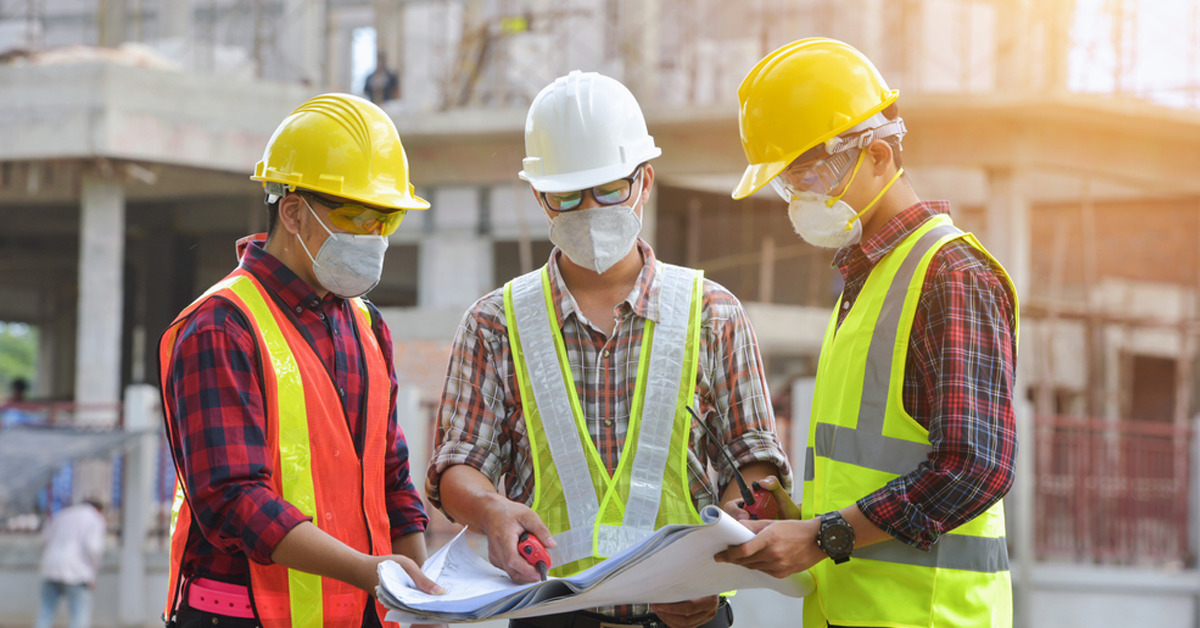
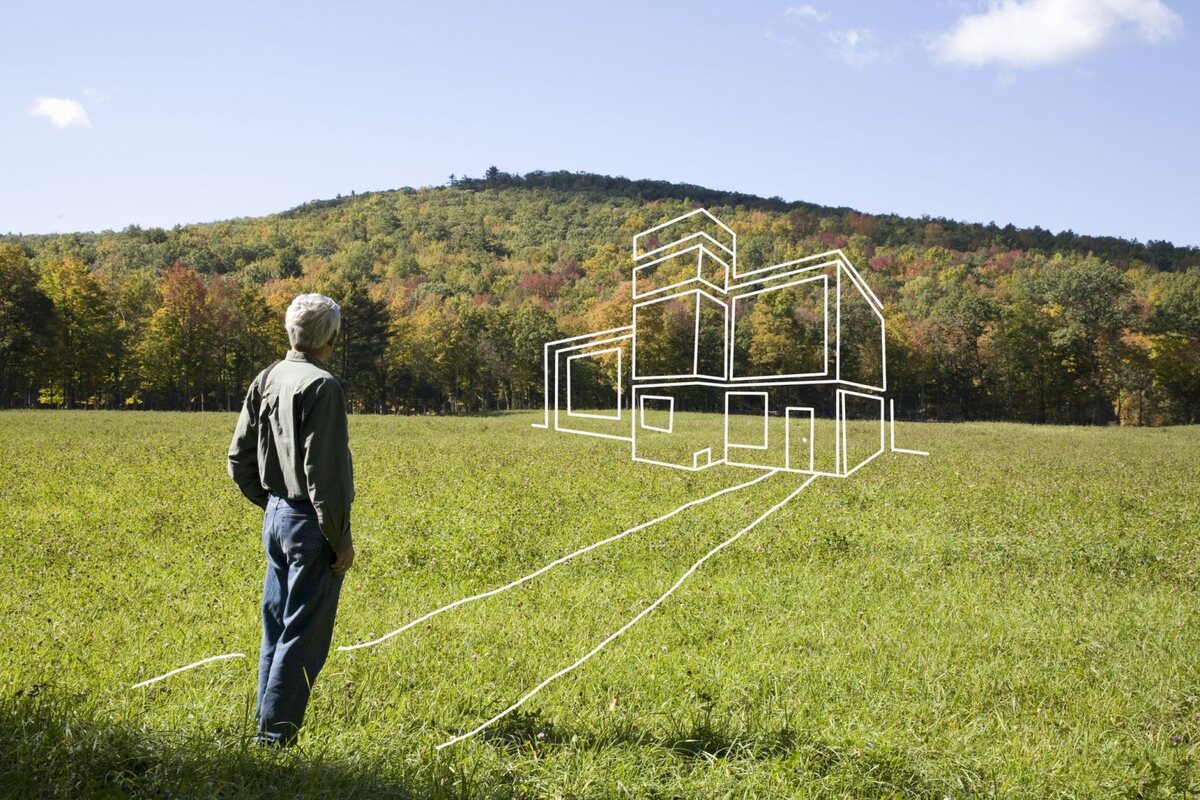

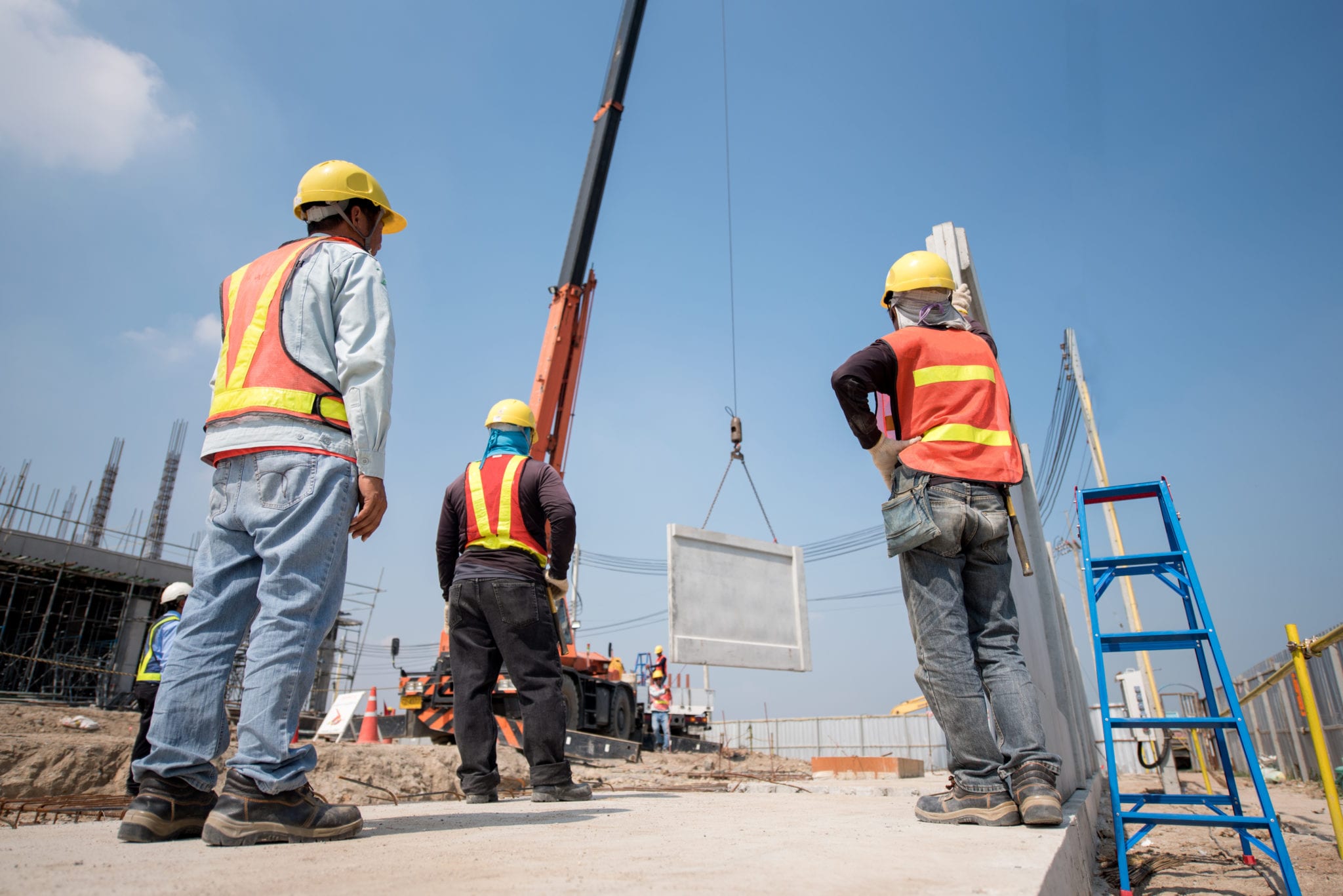
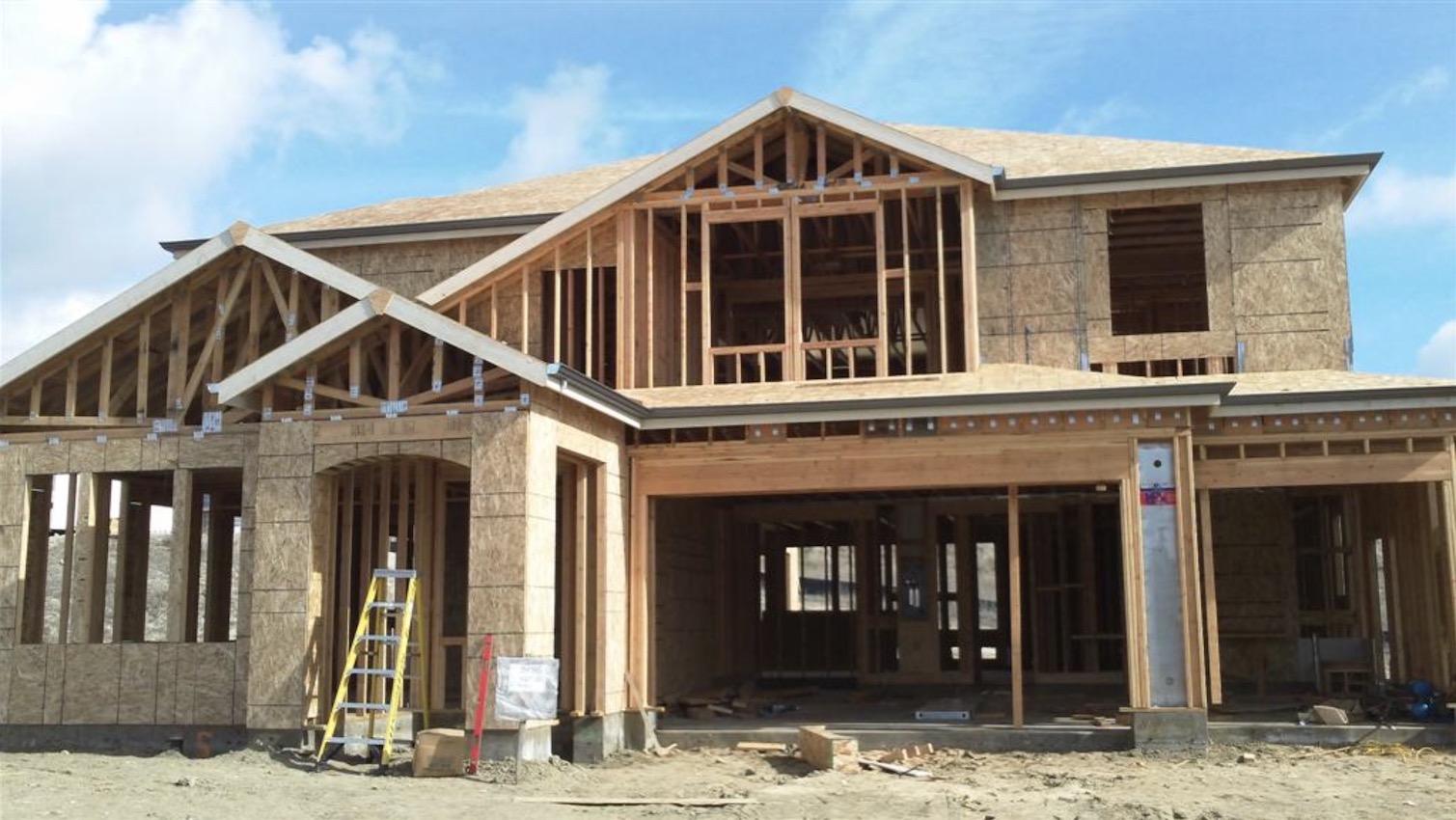

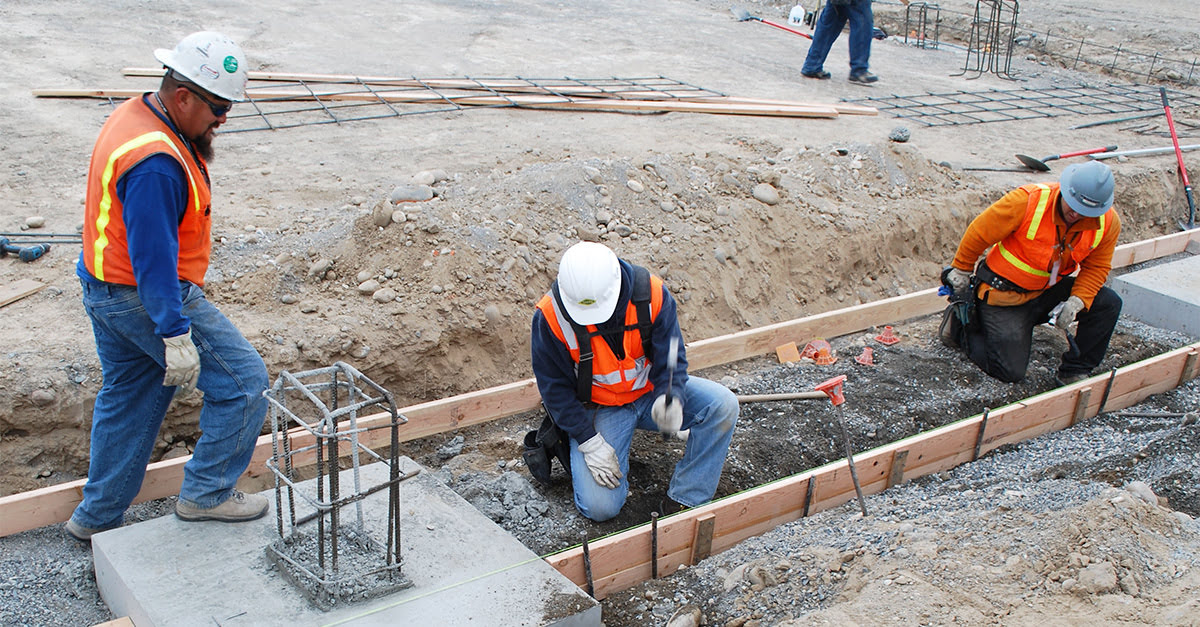
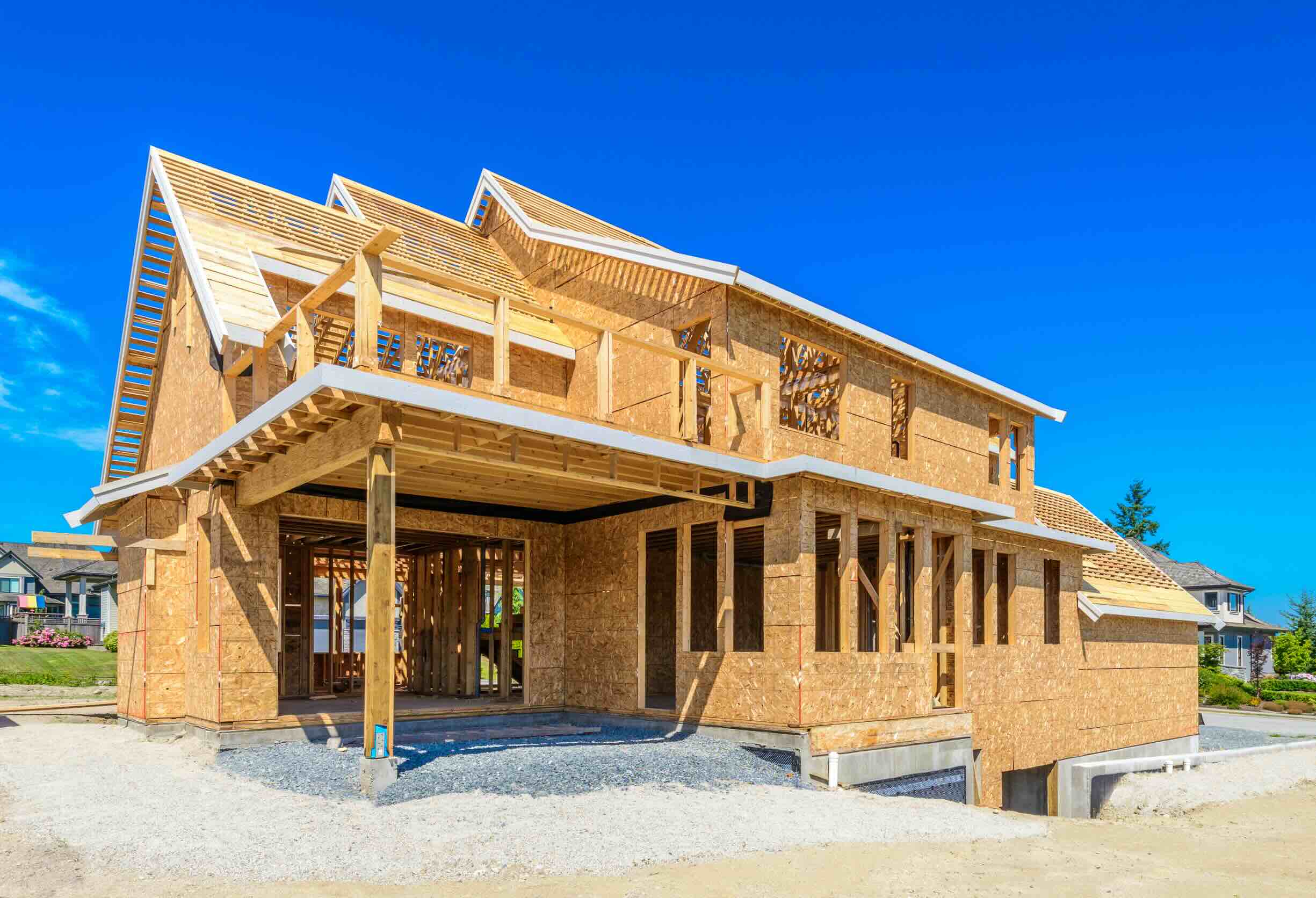

0 thoughts on “How Does Buying New Construction Work”